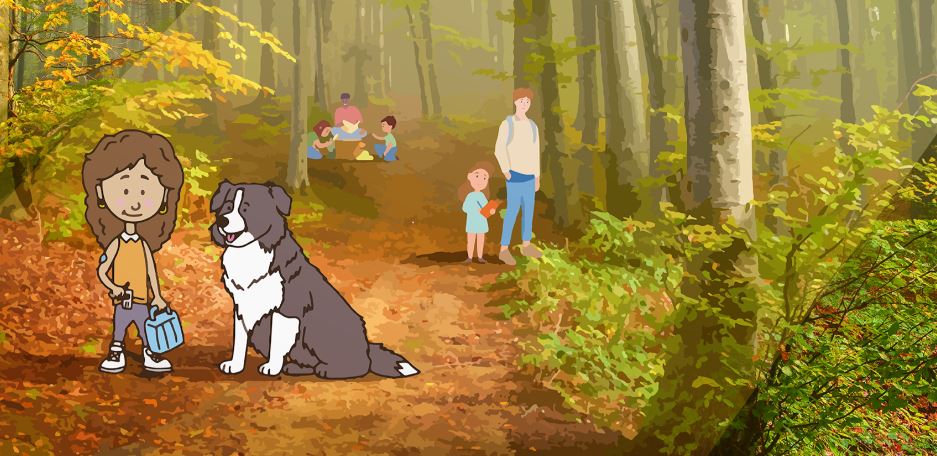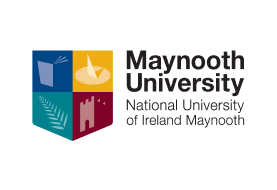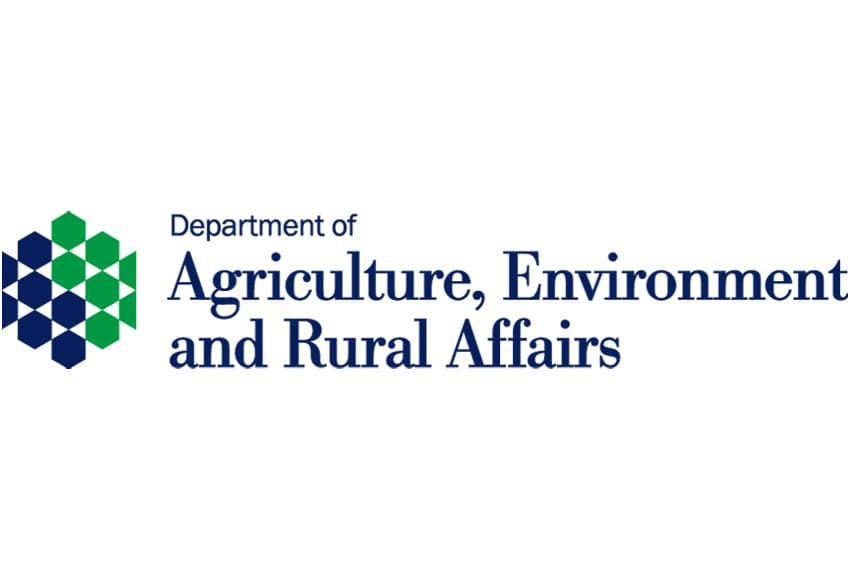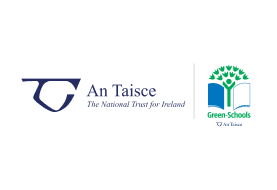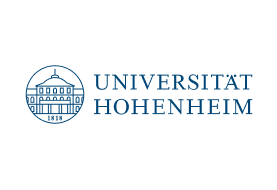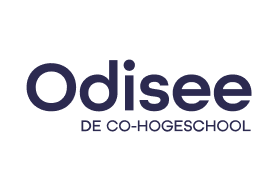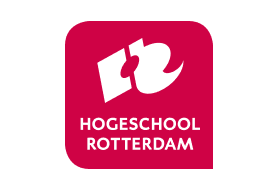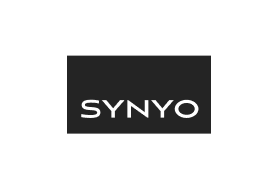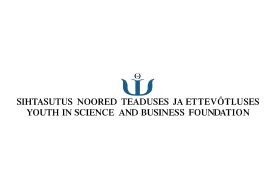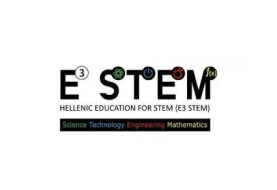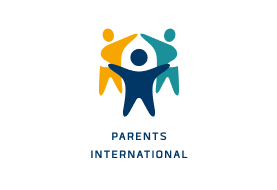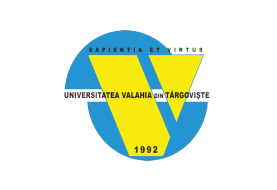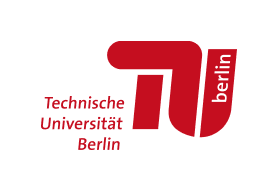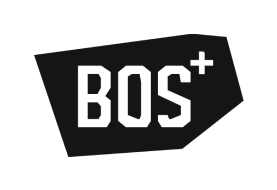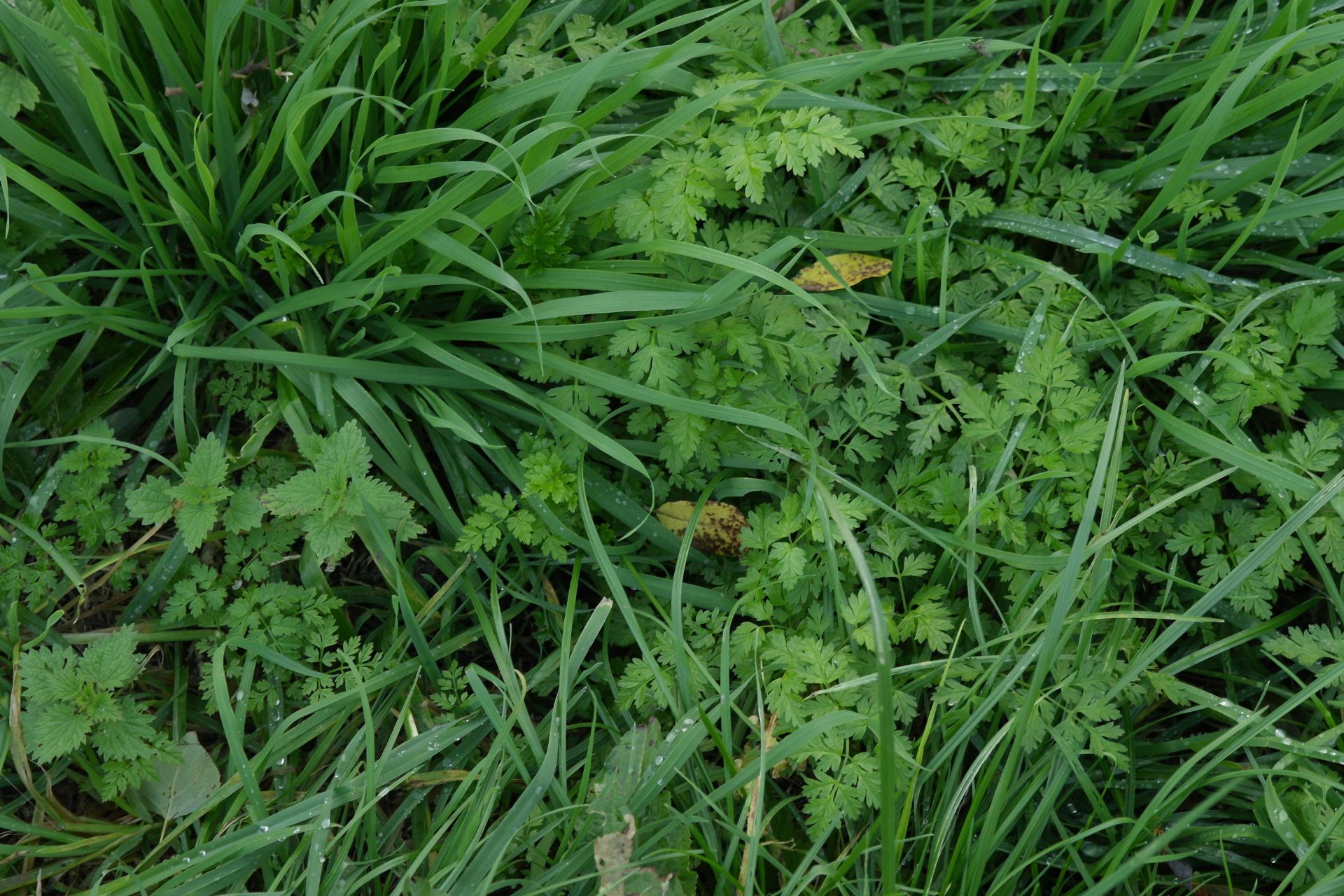
Innovative Education for the Bioeconomy BioBeo
Professor Tom Curran
Overview
The BioBeo education programme will draw the attention of mainstream society to circular behaviours and solutions such as the bio-economy, enabling all stakeholders across Europe to experiment, co-create and promote planet friendly alternatives in daily living at home, school and in the workplace.
The experience from bio-economy collaboration in education and research shows that it is cross-sectoral in nature and requires co-ordination between different disciplines and all educational levels in developing curricula.
Research
An underlying methodology of BioBeo is to build the ethical awareness of young people and stakeholders to influence bioeconomic and circular behaviours within a wide range of careers.
BioBeo looks to address barriers to the take-up of future careers in STEM. We will utilise the pedagogy of community engaged learning, to incorporate local professionals and professionals from afar through online/remote platforms.
Educators will apply suitable pedagogies to support learner outcomes and experiences. Through cooperative learning, students at primary level will collaborate to solve real world bio-economy problems through role-play in drama, design and scientific processes. While at secondary and tertiary level, learners will be encouraged through the pedagogy of teacher-directed and student-led inquiry to investigate possible solutions to bio-economy issues in which they are interested.
BioBeo will include initiatives for engaging learners in Computational Thinking (CT) using unplugged and plugged coding approaches. This will lead to the use of tangible programming (TP) and physical computing (using platforms like Arduino, Micro:bit) which allow all learners to bring algorithms to life.
BioBeo will add an ethical dimension to the teaching and learning of ICT topics. In the real world and specifically the current climate crisis, ICT applications need to be considered holistically, and its combination of ICT expertise and bio-economy ethics will enable BioBeo to do this.
A range of digital tools will be developed These include IT platforms, developing online interactive open learning education modules and interactive live events such as Bio-economy Beo (Five animations linked to the five themes will introduce bio-economy related concepts and ideas to students by providing tools to all educators to enhance the teaching and learning experience of students from preschool through to third level. In addition, a Geospatial App will be developed for use by all stakeholders.
Impact
Increased Awareness of the Environmental, Social and Economic Benefits of a Sustainable and Circular Bioe-conomy
Young people will act as Youth Ambassadors’ and become significant ‘influencers’ within the community. Their influence will outlast the duration of the project, providing a powerful pathway to dissemination and the impact that brings these concepts into the next decade and beyond.
Increased Interest among New Generations to Join Education and Training
BioBeo will support the idea that attracting and retaining a more diverse workforce will maximise innovation, creativity and performance.
Innovative Approaches to Provide a Toolkit with Educational and Information Material
Our educational toolkit will provide concrete learning experiences that educators can use to enhance learner outcomes and behaviours related to the bio-economy.
Preparing the Younger Generation to Assume their Role in the Transition to a Circular and Sustainable Bio-economy
Current social and economic behaviours are proving to be unsustainable on a global scale. Through our education programmes, we aim to embolden the youth to think critically, creatively and make decisions about the bio-economy and circular economy.
Strengthened Cooperation Between Science, Teachers, Parents and Youth
By maintaining buy-in from all stakeholders and ensuring all stakeholders see the value and impact of learning about the bio-economy through the BioBeo programme, it will ensure meaningful and sustainable change into the future.
Governance and Policy Making
Our approach recognises that policies may emerge at a European or national level, whereas delivery is at local level. We address governance at five different levels: Community, Local, Regional, National and European.
Tertiary Education and Career Choice – a Cross Cutting Theme
It is estimated that 65% of children entering primary school today will ultimately end up working in completely new job types that do not yet exist. Initiatives are intended to inspire future citizens in STEM careers in the bio-economy, with a focus on gender balance as well as those from ethnic minorities and disadvantaged backgrounds.
